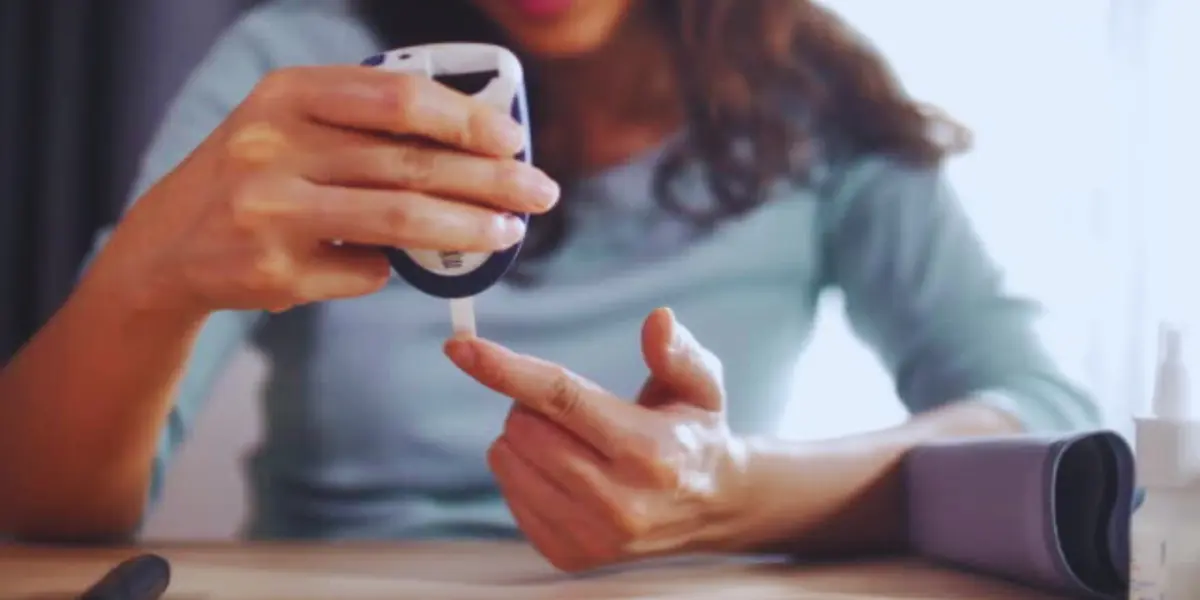Hypoglycemia is when your blood sugar suddenly drops. It can be surprising, especially if you don’t have diabetes. When your blood sugar level drops below normal levels, you may feel shaky, sweaty, and confused. It’s a signal from your body that it needs fuel. Knowing the reasons, signs, and treatments can help make these episodes less scary and easier to handle.
What is Hypoglycemia| How To Treat Low Blood Sugar (Hypoglycemia)
Hypoglycemia is when your blood sugar gets low. Many think that it only affects those with diabetes. But anyone can have it, with or without diabetes. It differs from hyperglycemia when the blood sugar gets too high.
For those with diabetes, hypoglycemia can happen. It happens when the body has too much insulin. Insulin is a hormone that helps process sugar. Too much insulin can also lead to hypoglycemia when a diabetic person takes more than they need.

Symptoms
Symptoms of hypoglycemia can vary from person to person. Common signs include
- Feeling dizzy
- Having pale skin
- Experiencing tingling or numbness in the lips, cheeks, or tongue.
- Feeling extremely hungry
- Getting headaches
- Being confused
- Trouble concentrating
- Sweating
- Shaking
- Blurry vision
- Changes in personality
Sometimes, you might have hypoglycemia but not feel any symptoms. It is called hypoglycemia unawareness.
What Causes Low Blood Sugar
Missed meals or imbalanced diets: In our fast-paced lives, skipping meals or grabbing a nutrient-rich snack is common. Carbohydrates are the primary fuel for our bodies. Our blood sugar can get low when we don’t consume enough or the right kind of food. It’s like trying to drive a car without enough gasoline.
Excessive Exercise: Exercise is excellent for health, but too intense or prolonged physical activity without proper nutrition can cause blood sugar levels to drop. During physical activity, our bodies burn glucose rapidly. If we haven’t eaten properly, our internal fuel tank drains, leading to hypoglycemia.

Alcohol Consumption: Alcohol can play a tricky role. When you drink, especially without eating, your liver can’t release glucose into your blood, causing low blood sugar. It’s like the alcohol is putting a temporary hold on one of your body’s functions.
Medications: Some medications, surprisingly not just those for diabetes, can lower blood sugar. This includes some antibiotics, pain relievers, and medicines for heart or kidney problems. It’s a side effect that often flies under the radar.
Hormonal Imbalances and Organ Health: The levels of hormones and the health of organs affect blood sugar levels. Any dysfunction here can lead to glucose imbalances. It’s akin to having a control center that’s not working properly.
Warning Signs: Knowing the symptoms of blood sugar can help you act quickly. Common signs include feeling dizzy, weak, irritable, or suddenly very hungry. You might also feel very shaky, break into sweat, or struggle to concentrate. It’s your body’s way of ringing the emergency bell.
Also Read:- Normal Blood Sugar Levels During Pregnancy – Discover The Risk Factors
Strategies For Managing The Hypoglycemia
Immediate Remedies: Quick action is vital when your blood sugar level drops. Consuming fast-acting carbohydrates like fruit juice, candy, or honey can help. These are like an immediate charge to your body’s depleted battery.
Long-Term Dietary Balance: Stabilizing blood sugar isn’t just about reacting to low levels. It’s about your prevention. Eating balanced, regular meals and snacks ensures a steady supply of glucose to your body. Include a mix of complex carbohydrates, protein, and fats in your diet. Think of it as a diversified investment portfolio for your energy needs.

Monitoring and Recognising patterns: If you frequently experience low blood sugar, keep a diary. Record your meals, activities, and any episodes of hypoglycemia. It can help you and your healthcare provider spot patterns and triggers.
When To Consult a Health Professional: If low blood sugar levels occur regularly, it’s time to consult a healthcare professional. They can help identify any underlying causes and provide personalized advice. It’s like getting a specialist to troubleshoot a recruiting problem.
Also Read:- Blood Sugar Levels After Eating – Does Food Affect Sugar Level In The Body?
Endnote
Managing non-diabetic hypoglycemia is about understanding the signs and signals your body gives off and responding appropriately. It involves a mix of quick fixes for immediate relief and long-term strategies for overall balance. Eat well and understand how activities and alcohol affect blood sugar. Additionally, monitoring symptoms is also crucial. If you often have low blood sugar, ask a doctor for help. You can lead a healthy and happier life by staying informed and proactive.